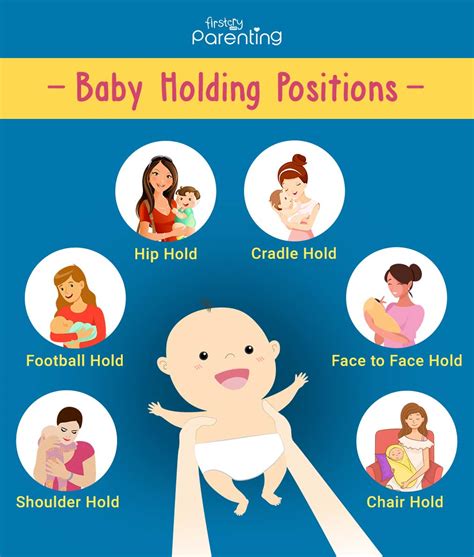Staying informed about COVID-19 is crucial, especially as the virus continues to evolve and new information emerges. One lingering question that has been on many people’s minds is whether it’s possible to still test positive for COVID-19 after the 14-day quarantine period.

Understanding COVID-19 Test Results
COVID-19 tests can be either molecular or antigen tests. Molecular tests (such as PCR tests) are typically more accurate and detect the presence of the virus’s genetic material, while antigen tests detect specific proteins associated with the virus.
The timing of testing plays a significant role in determining the accuracy of the results. The incubation period for COVID-19 is generally 2-14 days, meaning the virus may not be detectable in the first few days after exposure. Testing too early can lead to false negatives.
Factors Influencing Positivity Beyond 14 Days
While most individuals clear the virus within the 14-day quarantine period, some factors can influence the duration of positivity:
1. Severity of Infection
Patients with severe COVID-19 infections may shed the virus for a longer period. The World Health Organization (WHO) recommends that these individuals continue isolating until two consecutive negative PCR tests are obtained.
2. Immunocompromised Status
Individuals with weakened immune systems may have a delayed immune response and shed the virus for an extended period.
3. Viral Load
Those with a higher initial viral load may remain positive for a longer duration.
Recent Studies and Statistics
A study published in the Journal of the American Medical Association (JAMA) in 2021 found that 23% of healthcare workers who tested positive for COVID-19 had a positive PCR test result after the 14-day isolation period.
Another study published in the New England Journal of Medicine in 2022 reported that 19% of patients with mild COVID-19 symptoms had a positive PCR test result beyond 14 days after symptom onset.
Implications for Public Health
The potential for extended positivity beyond 14 days has implications for public health and infection control measures. It highlights the need for continued monitoring and testing in certain individuals, such as healthcare workers and immunocompromised individuals.
Recommendations for Individuals
If you test positive for COVID-19, follow these guidelines:
- Complete the 14-day quarantine period.
- Seek medical advice if symptoms persist or worsen after the quarantine period.
- Consider additional testing if still experiencing symptoms or have been in contact with a COVID-19 positive individual.
Conclusion
While most individuals clear COVID-19 within the 14-day quarantine period, it’s important to be aware of the factors that can influence extended positivity. Those with severe infections, immunocompromised status, or a high viral load may require additional monitoring and testing beyond 14 days. Continued vigilance and adherence to public health guidelines remain essential in mitigating the spread of COVID-19.
Frequently Asked Questions
Q: Can I still be contagious after 14 days?
A: The risk of transmission decreases significantly after 14 days, but for individuals with a weakened immune system or ongoing symptoms, it’s best to seek medical advice.
Q: How long should I isolate if I test positive beyond 14 days?
A: Consult with your healthcare provider for specific guidance based on your symptoms and test results.
Q: Why is it important to continue monitoring after 14 days?
A: Late positivity can occur in some individuals, particularly those with severe infections or weakened immune systems. Continued monitoring helps identify individuals that may still pose a risk of transmission.
















